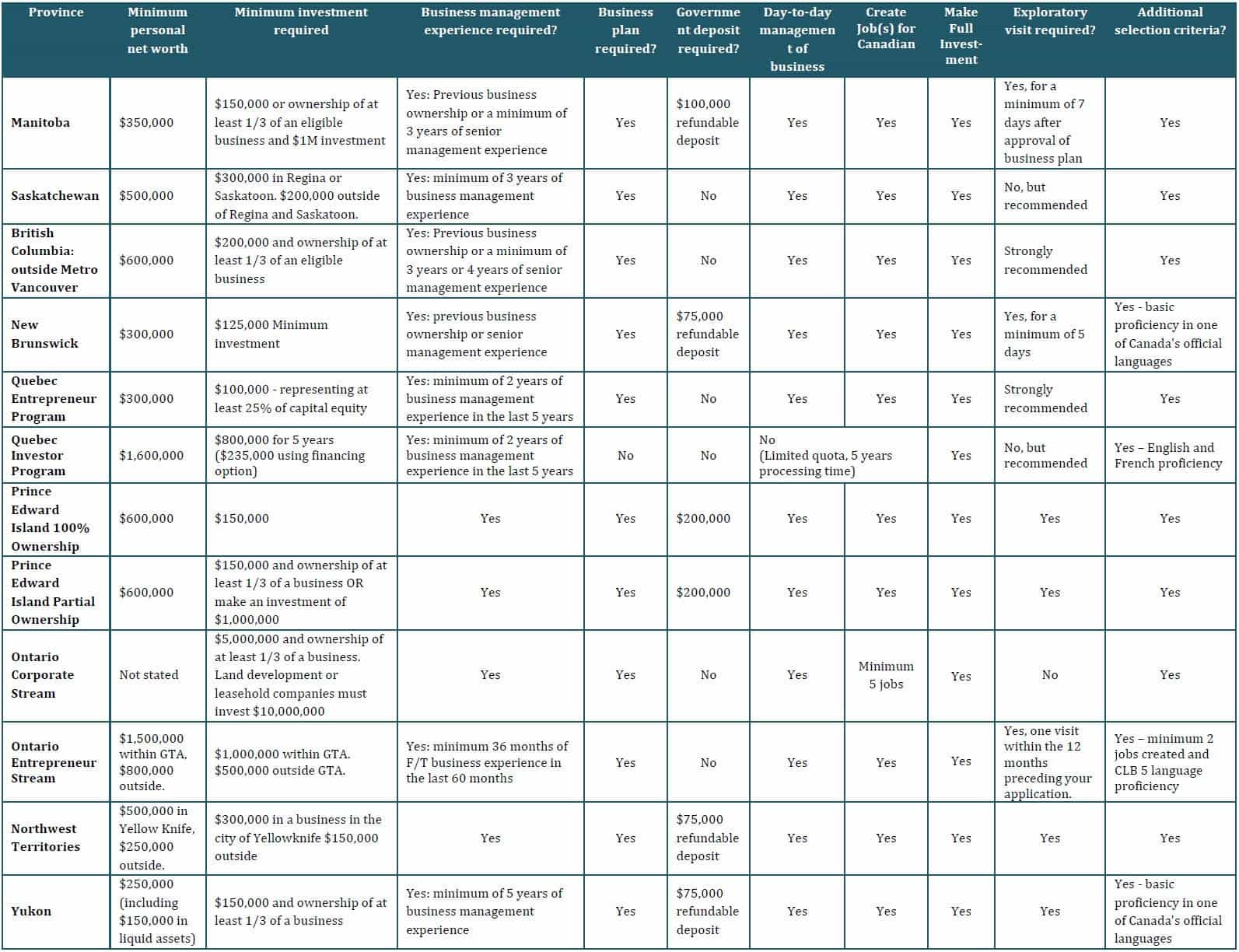Canadian universities achieve top worldwide rankings for several subjects
Several Canadian universities have been ranked among the top 100 globally for certain subjects.
Quacquarelli Symonds (QS) published these rankings in its 15th edition of world university ranking by subject.
Join the Angus Reid Forum and get $5 in points!
The ranking looks at 55 subjects in total to make it easier for students to find top universities based on their field of study and professional aspirations.
These 55 subjects are grouped under five broad areas:
Engineering and technology.
Life sciences and medicine.
Natural sciences.
Arts and humanities.
Social sciences and management.
Here’s a look at some Canadian universities that were ranked among the top 100 in the world according to subject area:
UniversityEngineering and TechnologyLife Sciences and MedicineNatural SciencesArts and HumanitiesSocial Sciences and Management
University of Toronto1713201414
University of British Columbia3125221920
McGill University4527483639
University of Waterloo47–72—-
McMaster University–59——
University of Alberta–86——
If a numbered ranking is lost listed in the table above, it’s because the institution didn’t rank within the top 100 in that subject.
These are the subjects listed within each subject area:
AreaSubjects falling under that area
Engineering and technologyData Science and Artificial Intelligence
Engineering – Chemical
Engineering – Civil and Structural
Engineering – Electrical and electronic
Engineering – Mechanical
Engineering – Mineral and Mining
Engineering – Petroleum
Life sciences and medicine Agriculture and Forestry
Anatomy and Physiology
Biological Sciences
Dentistry
Medicine
Nursing
Pharmacy and Pharmacology
Psychology
Veterinary Science
Natural sciences Chemistry
Earth and Marine Sciences
Environmental Sciences
Geography
Geology
Geophysics
Material Sciences
Mathematics
Physics and Astronomy
Arts and humanities Archaeology
Architecture and Built Environment
Art and Design
Art History
Classics and Ancient History
English Language and Literature
History
Linguistics
Modern Languages
Music
Performing Arts
Philosophy
Theology, Divinity and Religious Studies
Social sciences and management Accounting and finances
Anthropology
Business and Management Studies
Communication and Media Studies
Development studies
Economics and Econometrics
Education and Training
Hospitality and Leisure management
Law and Legal Studies
Library and Information Management
Marketing
Politics
Social Policy and Administration
Sociology
Sports Related Subjects
Statistics and Operational Research
QS World University Ranking by Subject allows people to filter universities according to individual subjects as well.
Methodology
The QS World University Ranking by Subject ranks academic programs over five indicators:
Academic reputation: this draws on responses from academics and looks at which universities academics consider to be good for research.
Employer reputation: draws from survey responses of employers of graduates. In essence, it measures how employers around the world regard graduates from a specific university.
Research citations per paper: looks at how often research papers from a university are cited.
H-index: measures how productive and impactful an academic or a department is, based on cited papers.
International research network: looks at how well a university collaborates with other high educational institutions on research projects.
Join the Angus Reid Forum and get $5 in points!
How to get a Canadian study permit
If you’re interested in completing postsecondary studies in Canada, here’s what you will need for a study permit:
Letter of acceptable from a designated learning institution (DLI);
Provincial Attestation Letter (PAL) or Territorial Attestation Letter (TAL);
Proof of financial support;
Passport and travel documents;
Photos; and
Fees.
The amount of money you need to show for financial support depends on the number of family members moving to Canada with you.
You require this amount of funds on on top of the cost of tuition and travel expenses (e.g., cost of flights).
Number of family members (including the applicant)Amount of funds required per year (
1$20,635
2$25,690
3$31,583
4$38,346
5$43,492
6$49,051
7$54,611
If more than seven people, $5,559 must be added for each additional family member.
You can include scholarships as part of your proof of financial support.
*The above table is for all provinces and territories except Quebec.
The process of applying for a study permit
Step 1: Research what programs align with your career goals, and which institutions offer these programs.
You need to pick an institution that is on Immigration, Refugees and Citizenship Canada’s (IRCC’s) list of DLIs.
If you plan on working in Canada after your studies are over, you should check if the program and DLI allow you to get a Post Graduation Work Permit (PGWP).
If you plan to move with a spouse, and they plan on working in Canada, you should check eligibility for a spousal open work permit (SOWP). Currently, only master’s and doctoral students, or students in select in-demand programs are eligible for SOWPs. You can find details here.
Step 2: Apply to your institution of choice and see if you are accepted. Once you are accepted, the institution will give you a Letter of Acceptance (LOA).
Step 3: Gather your documents to apply for a study permit. In most cases, applications for study permits are done online.
Step 4: Get a PAL or TAL. The process of getting a PAL or TAL varies depending on province, but typically involves the DLI requesting the letter from the relevant provincial or territorial authority.
You can contact your DLI to get a PAL or TAL.
Step 5: Apply for a study permit. In most cases, the application process is online. You will be asked some questions and your answers will be used to create a personalized document checklist.
You will need to upload all the required documents.
Step 6: Once you’ve been submitted your application, you will be issued a letter of introduction and a temporary resident visa or an Electronic Travel Authorization, to enter Canada (if the application has been approved). This letter has to be shown to a Canadian immigration officer in Canada to get a study permit.
You may need to provide your biometrics, undergo an immigration medical exam, and/or provide police certificates.















